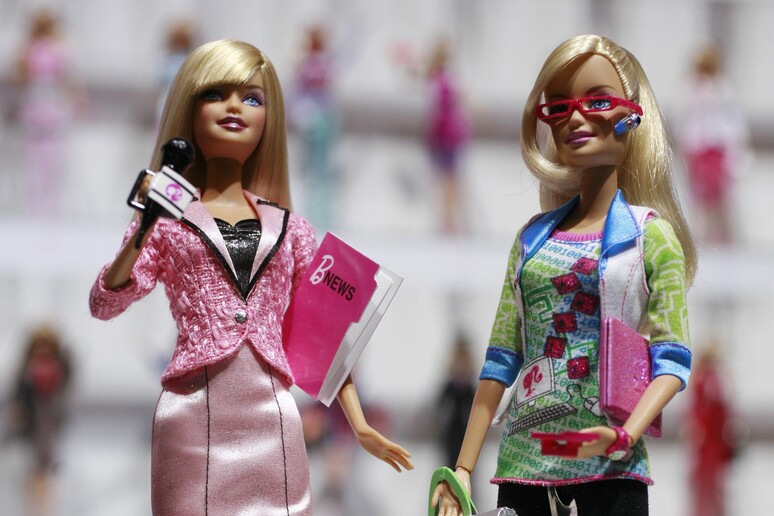Amid the escalating trade war between the United States and China, the toy giant Mattel, finds itself facing an unprecedented increase in costs.
With the rise in tariffs imposed by the Trump administration, the maker of the iconic Barbie dolls is forced to withdraw its annual financial forecasts and raise the prices of some of its products. This move is a direct response to the economic difficulties, a true “final blow” for an industry already under pressure.
In an interview, the CEO of the multinational, Ynon Kreiz, emphasized that the uncertain macroeconomic landscape and the new U.S. tariff policies make it impossible to make concrete predictions for future sales, highlighting the difficulty of navigating such a volatile environment.
Mattel, which relies heavily on the U.S., where it generates about half of its global sales, announced that it would progressively reduce imports from China, aiming for a decrease of around 15% by 2026. This decision comes in response to the high tariffs imposed by Washington on the Asian country, forcing the company to reassess its supply chain. To mitigate the impact, production of the UNO card game has already been moved to India, while shipments from China have been increasingly directed to international markets.
The outlook described by the company is far from reassuring: a cost increase of about $270 million is anticipated due to tariffs; however, measures to counterbalance these losses have already been implemented, with a target of saving a total of $80 million. Additionally, to curb expenses, a reduction in promotions and an increase in the prices of some of its most sought-after products are planned.
In a context of uncertainties and cryptic statements from the GOP leader, like his recent comment where he joked that American girls would have to “settle” for two Barbies instead of thirty, the situation has become further complicated. Mattel finds itself having to respond firmly and has announced that its stock buyback program will continue with the goal of reaching $600 million by 2025, a move to strengthen its market position and reassure investors.
Despite the complex outlook, the company’s net sales for the first quarter surpassed expectations, reaching $827 million, well above analysts’ forecasts. Additionally, the company reported a loss per share lower than estimates, signaling that, despite the challenges, the giant is managing to navigate with some resilience.
As noted by Zak Stambor, an analyst at eMarketer, a research and analysis firm, while Mattel has been heavily impacted by the trade war, it also serves as a clear example of how large multinational corporations are attempting to adapt to an increasingly globalized world, fragmented by protectionist policies.
With an eye on the future, the brand is preparing to diversify its production and tackle the trade challenge with targeted strategies.












